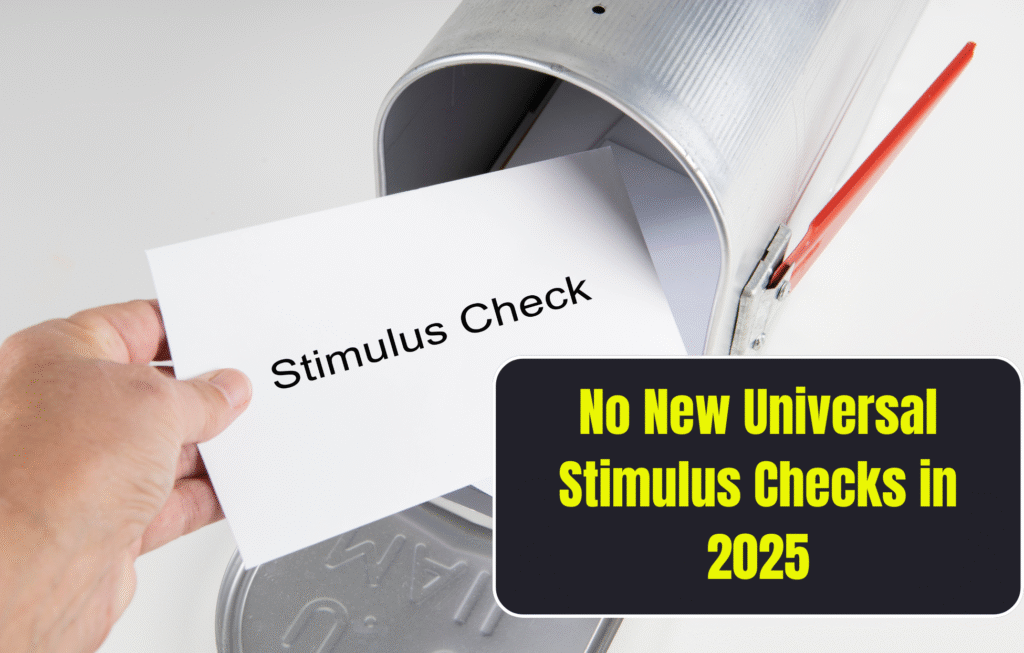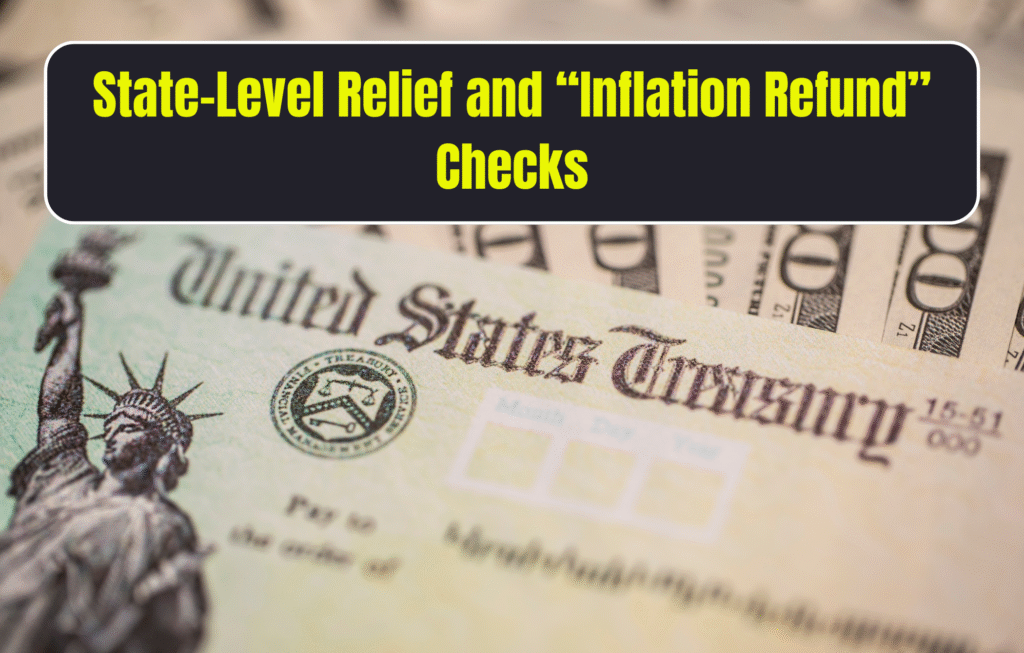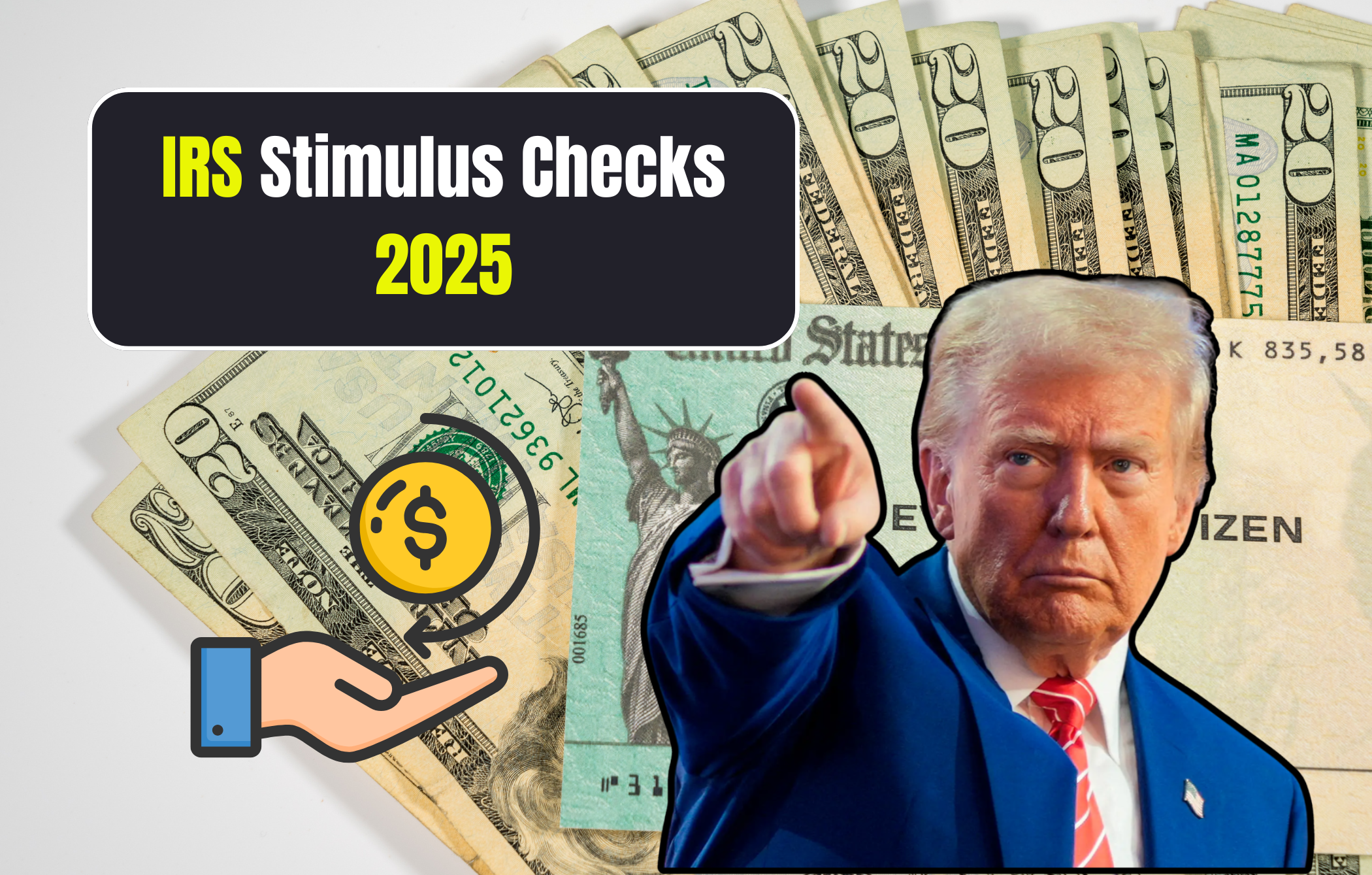Is IRS Giving Stimulus Checks in 2025? Track Refund Status, Relief Payments, Tariff Rebate
The IRS and Congress have not approved a new, broad-based stimulus payment to U.S. taxpayers in 2025. Official sources and fact-checkers confirm that circulating rumors about new payments of $1,390, $2,000, or similar amounts are false and not supported by any legislation. However, some targeted or catch-up payments are currently being made, and a few proposed relief measures could materialize later in the year.
Currently, the IRS is distributing about $2.4 billion in payments to approximately 1 million taxpayers who did not receive the full 2021 stimulus payment or properly claim the Recovery Rebate Credit. There are also state-level relief programs active, and a proposed federal tariff rebate program could result in new payments if it is signed into law.
What’s Happening Now: Catch-Up Payments for 2021 Relief
One of the few confirmed federal payments in 2025 involves taxpayers who did not receive their full 2021 stimulus payment or failed to claim the Recovery Rebate Credit (RRC). The IRS identified around 1 million eligible individuals and is issuing special payments of up to $1,400. These payments are being sent automatically in most cases and are based on cross-referenced 2021 tax data.
Eligible taxpayers will receive the funds through direct deposit or paper checks depending on their banking information or records on file with the IRS. The deadline to file a 2021 tax return and claim the RRC was April 15, 2025. That deadline has passed, meaning anyone who missed it can no longer claim the credit. This is likely the final opportunity for Americans to receive any remaining 2021 stimulus payments, and the IRS is processing them automatically for those who qualify.
No New Universal Stimulus Checks in 2025

Despite widespread speculation, there is no IRS-backed or Congressional plan for a new round of broad stimulus checks in 2025. The Recovery Rebate Credit tied to the third COVID-era stimulus payment officially closed for claims in April 2025. Social media rumors suggesting payments of $1,390, $1,702, or $2,000 are unsubstantiated and not based on any legislative proposals currently in law.
The IRS has warned taxpayers to be cautious of scams and misleading posts that claim new payments are on the way. Unless Congress passes new legislation and the IRS is authorized to issue payments, no new federal stimulus checks are being distributed this year.
Tariff Rebate Proposal: A Possible Future Payment
One federal relief proposal that has gained attention in 2025 is the idea of a “tariff rebate check.” This initiative, introduced by Senator Josh Hawley, proposes to redistribute excess tariff revenues to American households. The suggested rebate could be as much as $600 per adult and dependent or $2,400 for qualifying families.
These rebates would likely be structured as refundable tax credits for the 2025 tax year. If passed, payments could be issued in late 2025 or sometime in 2026. Eligibility would likely be based on income thresholds similar to previous stimulus checks—for example, full payments for individuals earning under $75,000 or joint filers under $150,000.
However, the proposal is not yet law. While tariff revenues have reportedly surpassed $113 billion in 2025, opponents question whether distributing them via rebates is fiscally responsible, especially given high federal deficits. The proposal remains in the legislative stage, with no timeline for approval or payment distribution.
State-Level Relief and “Inflation Refund” Checks

Although the federal government has not approved new stimulus payments, several U.S. states are offering their own forms of relief in 2025. These state-based checks function similarly to federal stimulus payments but are based on state legislation and budgets.
For example:
- New York has issued one-time “inflation refund” payments of up to $400 for eligible residents.
- Virginia has sent out fall rebate checks up to $400 for married couples or $200 for individual filers.
- Colorado is distributing refunds of up to $1,130 under its Taxpayer’s Bill of Rights (TABOR) program.
These programs are run by state revenue departments and typically require the filing of a state tax return to determine eligibility. Most of these payments are automatic for qualifying residents, but it’s important to check your state’s tax website for specifics.
How to Track Refunds and Stimulus Status
Even without a new federal stimulus check, many taxpayers are still waiting on tax refunds, state rebates, or catch-up payments. There are several official tools available for tracking these payments.
- “Where’s My Refund?” Tool
This is an online tool provided by the IRS to help taxpayers check the status of their federal tax refund. To use it, you’ll need your Social Security Number or ITIN, your filing status, and the exact refund amount as shown on your return. The tool updates every 24 hours. E-filed returns are typically trackable within 24 hours, while paper returns may take four weeks or more. - IRS Online Account and Transcripts
Taxpayers can log into their IRS Online Account to view payment history, including past Economic Impact Payments and Recovery Rebate Credits. Tax transcripts are also available through the IRS and can help verify whether any credits or payments were issued for previous years. - IRS Notices and Letters
If you are receiving a catch-up payment for the 2021 Recovery Rebate Credit, the IRS may send a letter outlining the payment amount and eligibility details. It is essential to monitor your mail for any such correspondence. - Avoiding Scams
The IRS never contacts taxpayers via text message, email, or social media to request personal information. Any unsolicited request for your Social Security Number or bank details claiming to be related to a stimulus or refund payment is likely a scam. Always verify claims through IRS.gov or a trusted tax advisor.
What to Do If You Believe You’re Owed a Payment
If you suspect you’re eligible for a stimulus or relief payment but haven’t received anything, here are some steps to follow:
- Review your tax records for the years 2021 through 2024. Check if the Recovery Rebate Credit or Economic Impact Payments were credited to your account.
- Use the IRS’s official tools to monitor your refund or credit status.
- Verify that you filed all relevant tax returns, especially for the 2021 tax year. If you didn’t file a 2021 return and missed the April 15, 2025 deadline, you can no longer claim the third stimulus credit.
- Check your state’s tax department website to see if you qualify for local relief payments or rebates.
- Beware of scams, especially those that promise immediate stimulus checks in exchange for personal information.
- Consult a tax professional if you have a complicated filing history or uncertain eligibility status.
What’s Possible Before Year-End

Looking forward to the remainder of 2025, there are several possibilities on the horizon:
- The tariff rebate proposal could advance through Congress and become law, potentially triggering new payments either late this year or in early 2026.
- Congress may consider other relief measures tied to inflation, housing, or cost-of-living concerns.
- States will likely continue offering their own tax rebates or inflation relief checks, providing some help at the local level.
- No new catch-up stimulus payments are expected from the IRS beyond the 2021 Recovery Rebate Credit distributions already in progress.
In conclusion, while there is no broad federal stimulus program active in 2025, specific federal payments, state-level rebates, and proposed legislation may provide limited relief to eligible taxpayers. It is important to stay informed using official sources and avoid falling for misinformation or scams.
FAQs
1. Is the IRS sending new stimulus checks in 2025?
No, the IRS is not issuing broad new stimulus checks in 2025. Only catch-up payments tied to 2021 stimulus are being distributed to eligible taxpayers.
2. Who is getting IRS payments in 2025?
Roughly 1 million taxpayers are receiving up to $1,400 as catch-up payments from missed 2021 stimulus credits. These are being sent automatically by the IRS.
3. Can I still claim the Recovery Rebate Credit?
No, the deadline to claim the 2021 Recovery Rebate Credit was April 15, 2025. If you didn’t file by then, you can no longer claim it.
